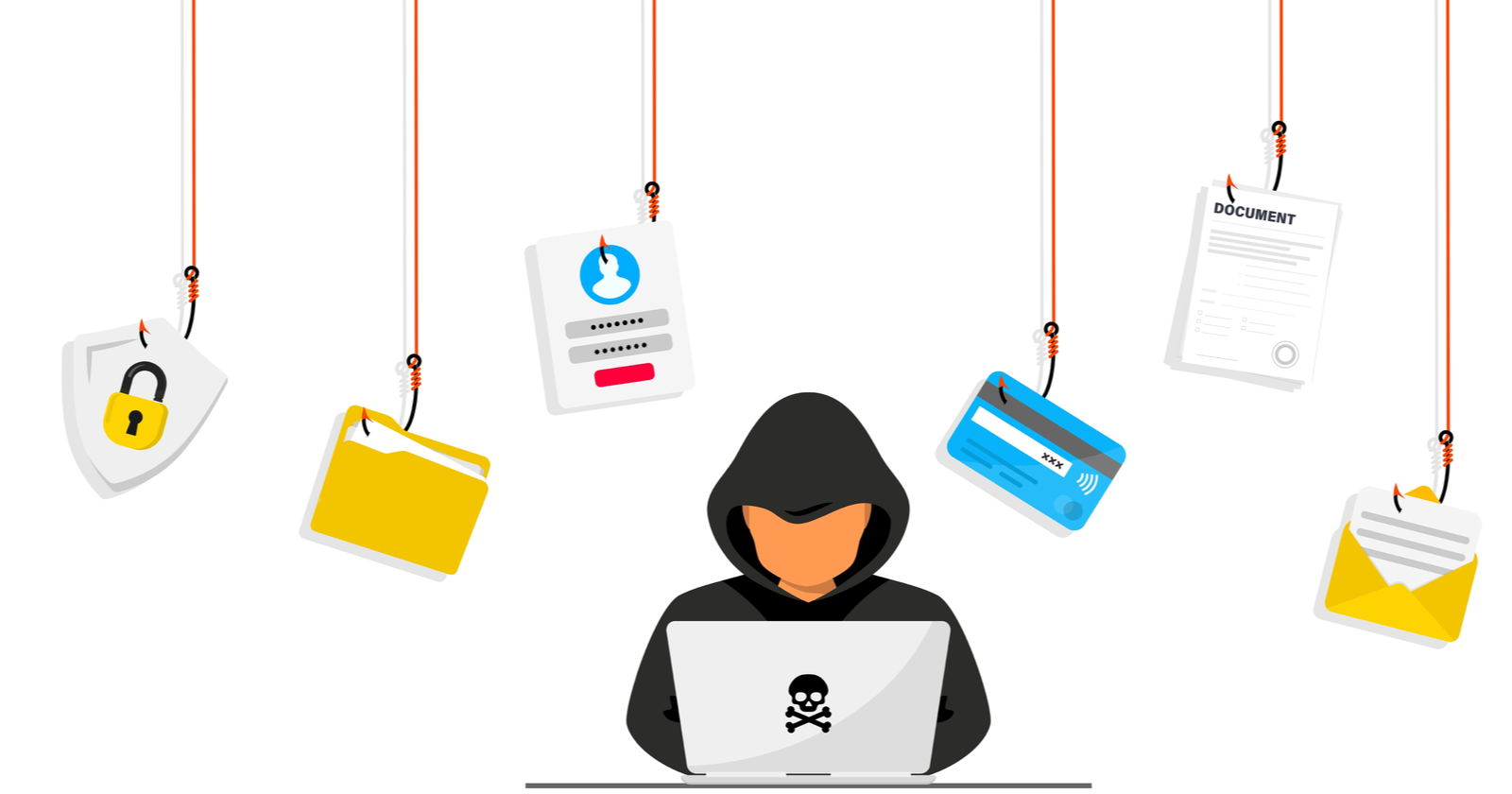Google has published its annual report on search spam revealing SpamBrain, a machine learning-based spam identification system, took action on six times as many spam sites in 2021 as it did in 2020.
By identifying these sites, Google claims a 70% reduction in hacked spam and a 75% reduction in gibberish spam on hosted platforms.
By recognizing sites with disruptive or malicious behavior, Google was able to keep 99% of searches spam-free.
SpamBrain Demonstrates Continued Improvement Of Google AI
Though Google unveiled its spam detection system in 2018, this report marks the first external reference to it as “SpamBrain.”
Using machine learning, this AI platform has become more effective at detecting and nullifying spam, while evolving to address new spam types and prevent abuse.
This includes the ability to identify sites that have been hacked or otherwise compromised to install harmful recording software on users’ machines.
Another area of improvement has been in identifying gibberish spam sites consisting of meaningless text filled with keywords.
Black hat SEO professionals use these in an attempt to boost page ranks, sometimes even spending money on spam links to trick search engines into raising PageRank quality scores.
Google Committed to Search Quality and User Safety
With the goal of improving search quality and protecting user safety, Google claims significant progress in fighting link spam, scams and online harassment.
A mid-year link spam update improved the search engine’s link assessment, enhancing its ability to detect unnatural links across multiple languages and exclude them from search results.
Last year, consumers lost more than $5.8 billion to fraud, a 70% increase from 2020. To combat this, Google expanded its user safety program.
Building on work from the previous year, it was able to provide a 40% reduction in scammy search results.
As part of its commitment to user safety, it also changed its approach to online harassment and the way results are handled for queries that are susceptible to bad actors. This includes sites that use “pay to remove” content.
Combatting Ranking Manipulation
Recognizing the unethical practices some sites use to skirt its quality guidelines, Google has also taken steps to reduce ranking manipulation. This includes changing how product reviews are handled and allowing users to report manipulative practices.
In 2021 Google launched two major updates to how it evaluates product reviews:
Google says these updates succeeded at reducing low quality reviews while promoting ones with better content and author expertise.
Source: Google Search Central
Featured Image: smx12/Shutterstock
!function(f,b,e,v,n,t,s) {if(f.fbq)return;n=f.fbq=function(){n.callMethod? n.callMethod.apply(n,arguments):n.queue.push(arguments)}; if(!f._fbq)f._fbq=n;n.push=n;n.loaded=!0;n.version='2.0'; n.queue=[];t=b.createElement(e);t.async=!0; t.src=v;s=b.getElementsByTagName(e)[0]; s.parentNode.insertBefore(t,s)}(window,document,'script', 'https://connect.facebook.net/en_US/fbevents.js');
if( typeof sopp !== "undefined" && sopp === 'yes' ){ fbq('dataProcessingOptions', ['LDU'], 1, 1000); }else{ fbq('dataProcessingOptions', []); }
fbq('init', '1321385257908563');
fbq('track', 'PageView');
fbq('trackSingle', '1321385257908563', 'ViewContent', { content_name: 'google-releases-annual-search-spam-report', content_category: 'news seo ' });

